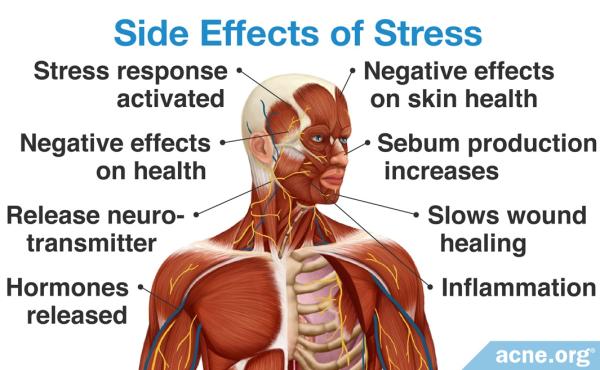Debunking the Myth: The Relationship Between Stress and Acne | |||
 1,486 1,486  0 0  0 0 | |||
| While stress is often cited as an acne trigger, the relationship isn't a direct cause-and-effect. Stress elevates cortisol levels, which can indirectly influence sebum production and inflammation, potentially worsening existing acne or making it slightly more likely to develop. However, stress doesn't *cause* acne in individuals without a predisposition; it's a contributing factor, not the sole culprit. Other factors like genetics, hormones, and hygiene play far more significant roles in acne development.
The long-held belief that stress causes acne is a complex one, neither entirely true nor entirely false. It's more accurate to say that stress *can exacerbate* existing acne or contribute to its severity, rather than directly *causing* it. The relationship isn't a simple cause-and-effect, but rather a multifaceted interaction. Let's debunk some common myths: Myth 1: Stress directly causes acne breakouts.Reality: Stress doesn't directly create acne lesions. Acne is primarily caused by a combination of factors including:
Myth 2: Stress has no effect on acne.Reality: While stress doesn't directly cause acne, it significantly influences the factors *contributing* to it. Chronic stress leads to:
Myth 3: Managing stress will automatically clear up acne.Reality: Stress management is crucial for overall health and well-being, and it *can* improve acne, but it's unlikely to completely clear it up on its own. If you suffer from acne, a comprehensive approach involving dermatological treatment alongside stress management techniques is usually necessary. Tags: Acne Causes Acne Treatment Dermatology Skin Health Skincare Routine Stress And Acne Stress Management | |||
| |||
| | |||
|
 3350
3350 